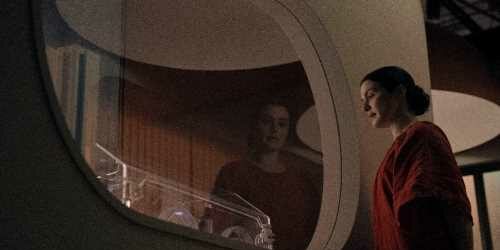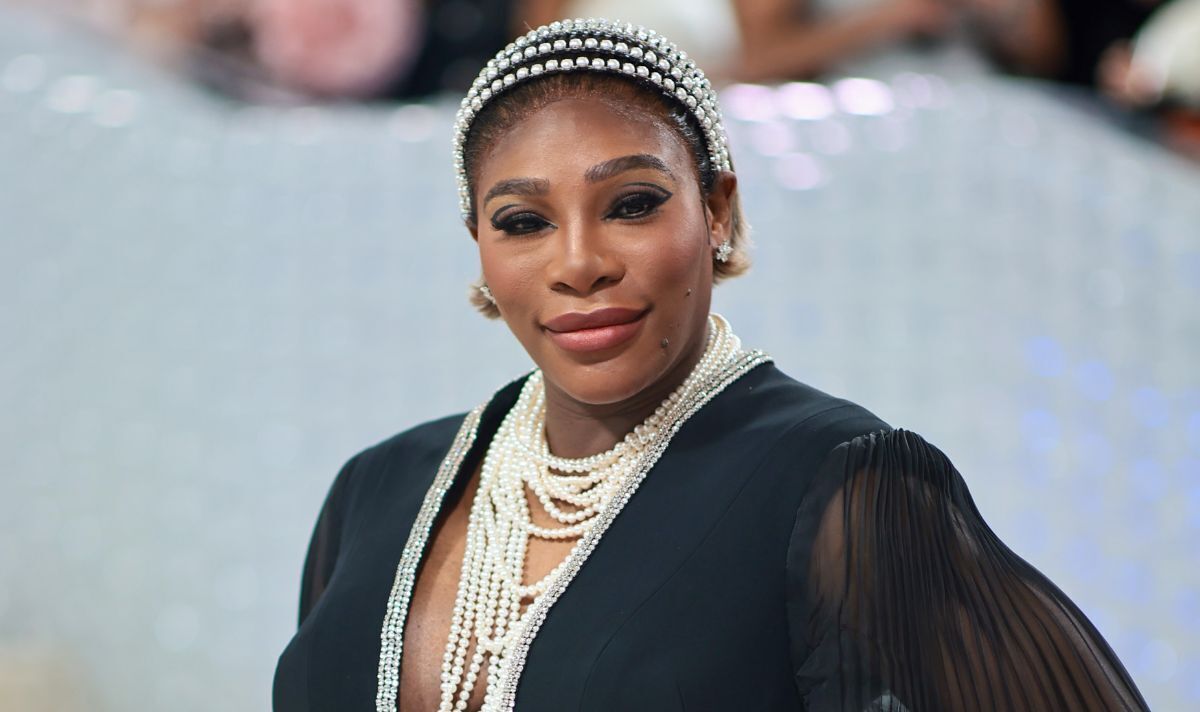There were big shoes to fill when Alice Birch decided to recreate “Dead Ringers” as a limited series for Amazon Prime Video. But she didn’t set out to tell the same story as David Cronenberg’s 1988 thriller.
Instead, she opted to use the close and often times dark relationship between her twin protagonists Beverly and Elliot (both played by Rachel Weisz) as a foundation to take a deeper look at the American healthcare system and the ways it potentially fails mothers.
It’s an incredibly complex system to investigate. But as Birch, a native Brit, explores topics in “Dead Ringers” like the American maternal mortality rate, the history of obstetrics studies and postpartum depression through the lens of the country’s fictitious most-prized and talented OB-GYNs, a central theme of inequality becomes clear.
On the show, a Black mother dies shortly after giving birth because doctors refused to validate her concerns, another Black mother deals with a case of postpartum depression so severe that it leaves her wanting to give away her baby. Beverly also goes through a fever-dream sequence in which she’s confronted with the barbaric beginnings of obstetrics, and bears witness to an enslaved Black woman being tortured by a white male gynecologist (with instruments still used).
“I don’t know that I was ever thinking about it as a statement,” said Birch. “The thing that I found consistently shocking, and still find shocking, is how high that maternal mortality rate is. And coupled with the fact that it’s one of the most expensive places in the world to have a baby, I find that staggering that it’s a business and a system. As people arriving into that space, hoping to have a baby or being pregnant and there being complications or having a birth — because it’s unpredictable — how can you possibly be ready for all the potential costs that might arise? Costs to your body, and also financially.”
At several points throughout “Dead Ringers,” Beverly is forced to confront the evil truths about the “miracle” of birthing. Birch’s gory and sometimes brutal reality of the birthing experience pushes the “nice” and “clean” twin sister to reckon with herself and the question of her own morality. Birch admits she and the team of writers were specific about including the added layer of race into these conversations, due to the real statistics that back them.

“The really useful thing about this show was being able to have the twins be quite different in that how they feel about that and what they have driven by — so Beverly could really lean into that for us,” Birch says. “She really cares, and really wants to solve it.”
Elliot, on the other hand, is the sister whose main interest is the drama and entertainment in every situation. “She doesn’t really care about it, and that was able to help them position quite differently,” says Birch.
Beverly works under the guise of revolutionizing this process for women and mothers, but finds herself reckoning with the question: How can she be a good and moral doctor while still using the same methods and tools that were once used by doctors who’d tortured their Black female patients?
“It was something that came up almost every day in the writers’ room: Specific stories and statistics that yes, the maternal mortality rate is high for women,” Birch says. “But for Black and global majority women, it’s significantly higher. And how often Black and brown majority women are not listened to by doctors, or there’s a sort of assumption that there’s a lower pain threshold. All of the statistics and the research about that — it was devastating. But its also devastating how regularly it comes up, and again, how little it’s talked about.”
She added: “Particularly for Beverly, who I think has elements of a white savior about her, and she thinks of herself as very moral and good, so maybe doesn’t interrogate her big blind spots in that too. I think that’s why that story that we see in the first episode, where the woman dies, and then later in that penultimate episode, that Beverly is the one who is really being asked to think about the history of it and her own history and her own complicity in it.”
Of course, there were moments that Birch wishes she could’ve focused a bit more on — but had to cut for time’s sake.
The challenges of postpartum aren’t deeply explored throughout the show’s six episodes — except for a brief breastfeeding scene — nor is the experience of women who (voluntarily or involuntarily) don’t have children. But Birch isn’t shying away from it, should there be future opportunities. “There’s so much more to say there. I feel like we just began. We just kind of scratched the surface,” she says.

The events all lead to the cliffhanging finale, which left viewers without many answers, but even more questions for their lead characters. After Elliot’s havoc catches up to her, her twin Beverly is left to publicly denounce the person she loves most — but not without hatching an exit plan. The twins pull off the ultimate switch off, after Elliot savagely cuts her own stomach to mimic the same impromptu C-section she’d previously given her sister on the operating table. She poses as Beverly to make her escape, and suddenly disappears.
However, Birch won’t reveal her own plans to answer what happened. She’s actually more interested in hearing her fans’ theories about Elliot’s great escape.
In one of the final scenes, Beverly struggles with her partner Genevieve (Britne Oldford), who desperately wants her to sever her ties to her destructive twin sister as the ultimate show of sacrifice for their relationship.
“I have feelings about how long Elliot can do this for. She’s not used to hiding herself. That must be torturous. Also, does Genevieve know? I think about what Rachel and Britne are doing on that bench at the end. There’s so much going on in their faces. Both of them have just such genius acting going on. It’s like, what are each of them thinking? Do they both know? Is there like an unspoken agreement or didn’t you know? Does Genevieve not know or is she lying to herself?”
The episode closes with the question of Elliot’s whereabouts. After killing one woman, maiming another and consequently tearing her own life apart, the sister has called on the only person who would literally give up her own life for her. But that can’t sustain the two people forever. What lengths will she go to to stay out of trouble?
Birch wonders too: “I’m really interested to hear what people think — like, can Elliot pull this off, and for how long? And, worse, where’s she gonna go next?”
Read More About:
Source: Read Full Article


